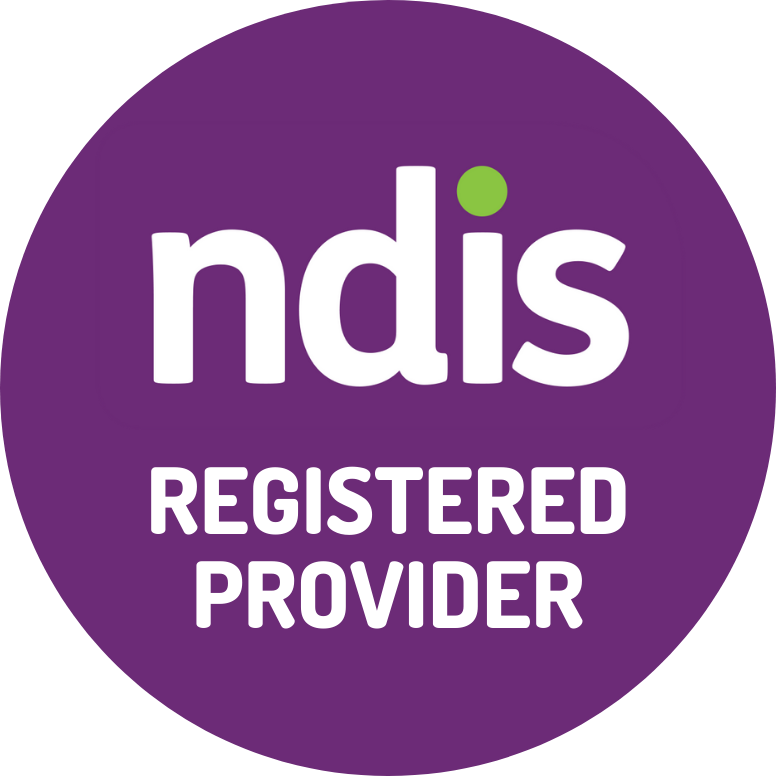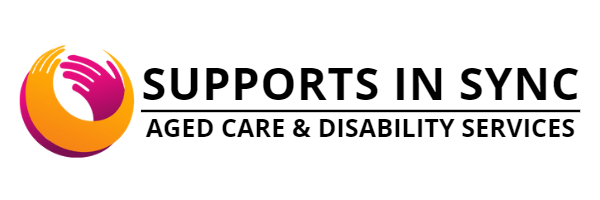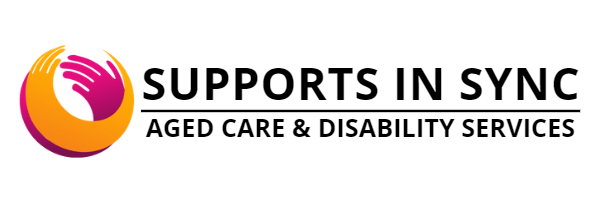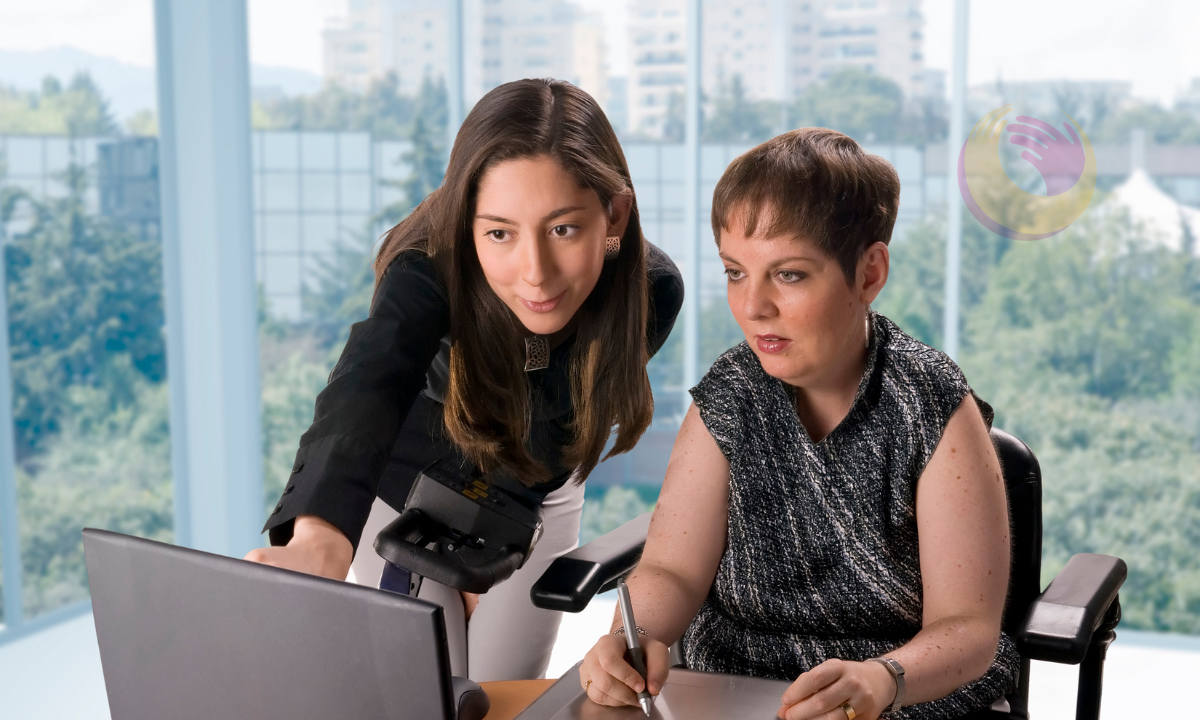New Funding Periods in your NDIS Plan
What you need to know

From 19 May 2025 all new NDIS plans are sliced into smaller “funding periods”. Think of these as timed pockets of money you unlock as the plan rolls on.
New Key terms at a glance
- Total funding amount
- The full dollar value of your plan.
- Quick tip: it’s the headline figure.
- Funding component
- A pot of money for a specific support type (e.g. Core, Improved Daily Living, a wheelchair).
- Quick tip: each pot can pay only for the supports listed in it.
- Funding period
- The time-window during which part of a component becomes spendable (usually three months; some supports unlock monthly or up to 12 months).
- Quick tip: unused money rolls into the next period of the same plan, but never into your next plan—you can’t spend future-period money early.
How will the money flow?
- Most supports: money released every 3 months.
For example: Sarah is funded $60,000 for 12 months. She has Community Access of $32,000, funding for an OT for $20,000 and Consumables for continence aids $8,000.
Funding breakdown:
Community Access - $8000 per three months
Occupational Therapy - $ 5000 per three months
Consumables - $2000 per three months
Due to a few weeks where Sarah didn't need supports she finishes her first quarter (3 months) with $1500 unspent. This money now goes into the second quarter, so Sarah now has $9,500 for that 3 months. If Sarah had money left over by the time her plan ends in twelve months, then that funding is no longer available for her next plan.
- Monthly releases: Supported Independent Living (SIL), Plan Management, Specialist Disability Accomodation (SDA), or Daily Living supports over $200 k/year.
- Longer releases one-off items like Assistive Technology may get 12 months up front.
For example: Rina has a new powered wheelchair approved for $15,000. Her family can buy that wheelchair immediately from the date of her new plan, because it is unlocked and is a one off item.
- The NDIA can “front-load” more cash early if you need big costs (e.g. continence supplies). Ask during plan reassessment if this applies to you.
For example: Wendy buys her continence supplies in bulk for six months, the NDIS can ensure that Wendy's routine continues when she has a plan review, so that she is not making smaller purchases.
Checking your funding periods
You can see each period’s start date, balance and spend in:
- My NDIS participant portal or app
- Monthly statement from your plan manager
- Your actual plan document
Support coordinators and plan managers can view this too (with your okay). Other providers can’t, so you’ll need to tell them what’s available.
For example: John has weekly supports in the Community with two providers. He only shares his goals and final figure with them. Each provider asks for a breakdown of the total amount allocated for each 3 months, so they can be sure that they are not overspending John's funding. John's support coordinator sends a screen shot of this portion of his plan.
Ran out too soon or got money stuck?
There are ways to tweak things:
- Plan variation – fix obvious errors (e.g. fees put in the wrong period).
- Internal review – within 3 months if you think the total or the timing is wrong.
- Plan reassessment – after 3 months or if your needs change.
In rare cases the NDIS can unlock future-period funds early, but only for exceptional reasons and the overall budget stays the same.
For example:
- Storm damage: Maria’s height-adjustable shower base is ruined in Month 1 due to flooding
- Urgent need: Replacement ($24 k) exceeds the $7.5 k available this quarter. of her budget of $30,000 per year
- Evidence supplied: OT risk report + supplier quote.
- NDIA response: Shifts $16.5 k from the next two quarters into the current one.
- Result: Invoice paid immediately; total annual budget stays the same.
Your action list
- Know your funding periods: check the app/portal when your plan starts.
- Match supports to periods: book services so the cash is there when the invoice arrives – discuss these funding periods with your support provider. You can ask for them to show you how they will utilise you’re funding to make it easier to understand.
- Talk early: if the schedule doesn’t fit real life, raise it with your support coordinator, Local Area Coordinator (LAC) or the NDIS straight away.
Stay on top of your periods and your plan should last the distance, no nasty surprises needed. Always ask for assistance when you don't understand.
